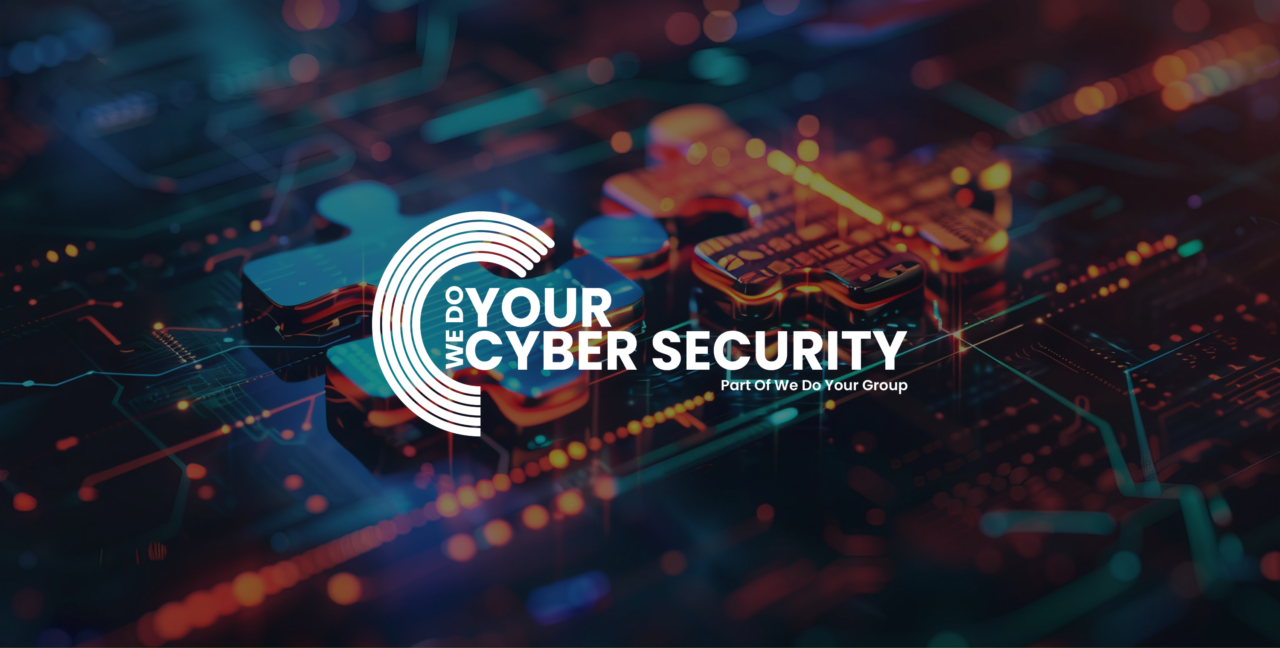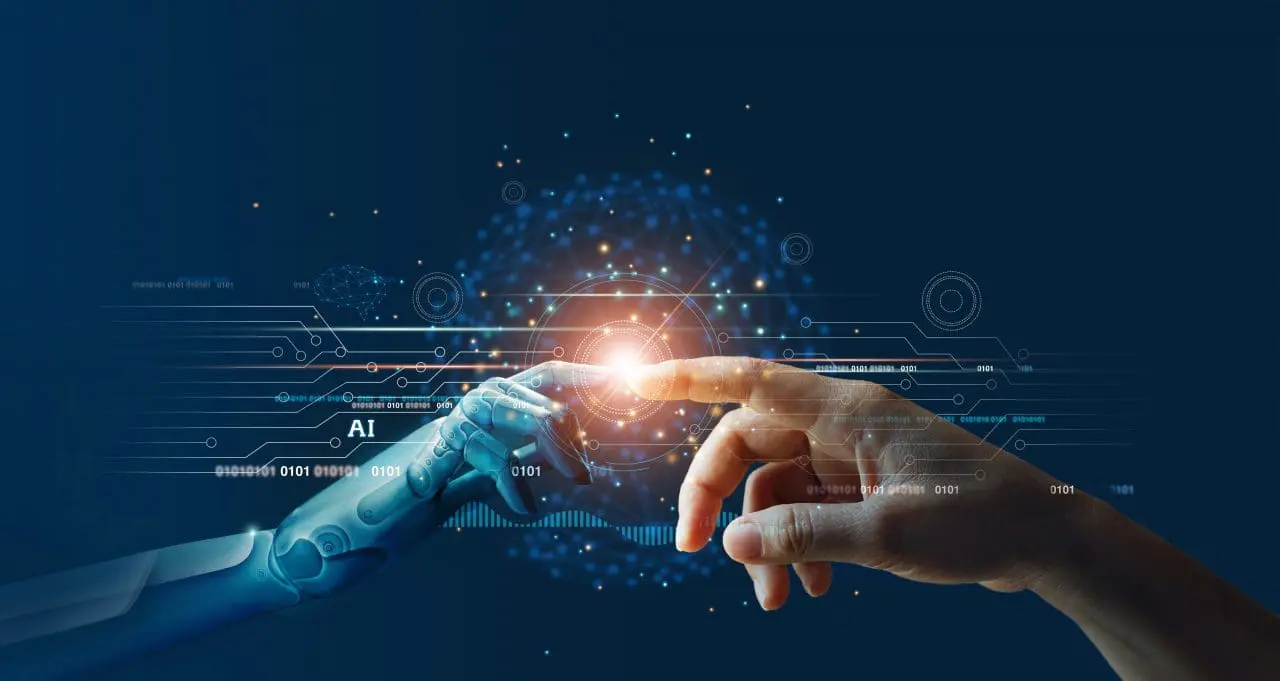

In recent years, the emergence of artificial intelligence (AI) has revolutionized the way we think about data and automation. AI can be used to automate tasks and make decisions quickly, accurately, and in ways that are more efficient than humans ever could. Despite all its potential benefits, AI also presents some serious risks if it goes bad or is misused. For example, many AI systems are still unregulated, leaving them vulnerable to malicious hackers who may attempt to use them for their own gain. Furthermore, even when these systems are regulated, there is no guarantee that they will function as intended or not become corrupted. Moreover, with the rise of autonomous technologies such as self-driving cars, there is an increased risk of injury or death if the AI system fails. These potential risks must be taken into consideration when implementing any kind of AI technology.
In addition to the potential physical dangers of using artificial intelligence, there are also ethical and moral implications to consider. Without proper regulation, it is possible for individuals or organizations to misuse AI systems in order to manipulate opinion or take advantage of vulnerable populations. This could lead to a breakdown in trust between people and their government as well as among members of society. Furthermore, without responsible use of AI technologies, users may develop a false sense of security that could lead them to act irresponsibly or take unnecessary risks. It is therefore essential that AI systems are regulated, monitored and used responsibly in order to protect the public from potential misuse.
While it may seem like an impossible task to regulate the use of artificial intelligence, there are steps that can be taken to ensure its safe and responsible use. Governments should work together with industry experts to develop regulations that will protect citizens from malicious use of AI systems. Furthermore, organizations should take responsibility for safeguarding their own systems by implementing privacy policies and strict measures to monitor their data storage and processing activities. Finally, individuals should be educated on how best to use AI technologies safely so they can make informed decisions when considering their use.
As AI technology becomes increasingly sophisticated, the potential threats posed by its misuse are growing at an alarming rate. From data mining and facial recognition to automated task execution and decision-making, AI systems can be used for malicious purposes or to infringe upon the privacy of citizens. Additionally, these systems can become corrupted over time due to human error or intentional manipulation, leading to unexpected results that could be damaging to both individuals and organisations. It is therefore essential that governments and industry stakeholders work together in order to ensure that these technologies are properly regulated and monitored in order to protect citizens from any potential harms.
Artificial Intelligence (AI) has the potential to revolutionise many aspects of our lives, from healthcare to transportation and beyond. By leveraging the power of machines to process large amounts of data faster than humans ever could, it is possible to create powerful tools that can assist with decision-making, increase efficiency, and reduce costly human errors. However, there are some drawbacks associated with utilising AI technology that must be acknowledged in order for it to be used responsibly. On one hand, certain applications may lack transparency or accountability which can lead to a loss of trust between people and their government or among members of society. In addition, AI technologies are vulnerable to cyberattacks and manipulation, meaning that any personal data or information processed by these tools could be exposed to malicious actors.
Despite the potential benefits of using artificial intelligence in our day-to-day lives, there is a dark side to this powerful technology that we need to be mindful of. For example, AI can be used for surveillance purposes which might lead to an infringement on individual privacy or civil liberties. Additionally, algorithms used for decision-making may be biased and propagate existing social inequalities such as gender or racial discrimination. Finally, the development of advanced AI systems has raised ethical concerns about their ability to understand human behavior and make decisions with potentially damaging consequences. Therefore, it is essential that governments and industry stakeholders work together to ensure that these powerful tools are used responsibly and with the utmost respect for human rights.
The potential risks posed by malfunctioning AI systems must not be overlooked. If an AI system is not programmed with accurate information or fails to process data properly, the results could be disastrous—from incorrect diagnoses to unintended financial losses. In addition, hackers may attempt to manipulate these tools in order to gain access to sensitive information or cause disruption within networks. It is therefore important for both governments and businesses alike to implement appropriate safety measures in order to protect against any potential malfunctions that might occur.
When it comes to preventing the misuse or abuse of artificial intelligence, there are a few key steps that can be taken. Firstly, governments should ensure that appropriate regulations and safety measures are in place to protect citizens from any potential harms. Additionally, companies developing AI systems should be transparent about how their products work and make sure they remain compliant with relevant laws and standards. Finally, organisations should pay close attention to ethical considerations when deploying these technologies in order to avoid any negative impacts on individuals’ rights or freedoms.
If artificial intelligence is not used responsibly, it could lead to severe consequences. For instance, a lack of accountability or transparency may result in citizens losing trust in the government or industry stakeholders. Additionally, unethical AI applications such as those that propagate existing social inequalities can damage public opinion and tarnish reputations. Finally, if an AI system is hacked or manipulated by malicious actors, it could have devastating effects on individuals’ personal data or financial security. As such, it is essential that companies and governments alike take the necessary steps to ensure that these technologies are used responsibly and ethically.

This website uses cookies to improve your experience. Choose what you're happy with.
Required for the site to function and can't be switched off.
Help us improve the website. Turn on if you agree.
Used for ads and personalisation. Turn on if you agree.
This website uses cookies to improve your experience. Choose what you're happy with.
Required for the site to function and can't be switched off.
Help us improve the website. Turn on if you agree.
Used for ads and personalisation. Turn on if you agree.